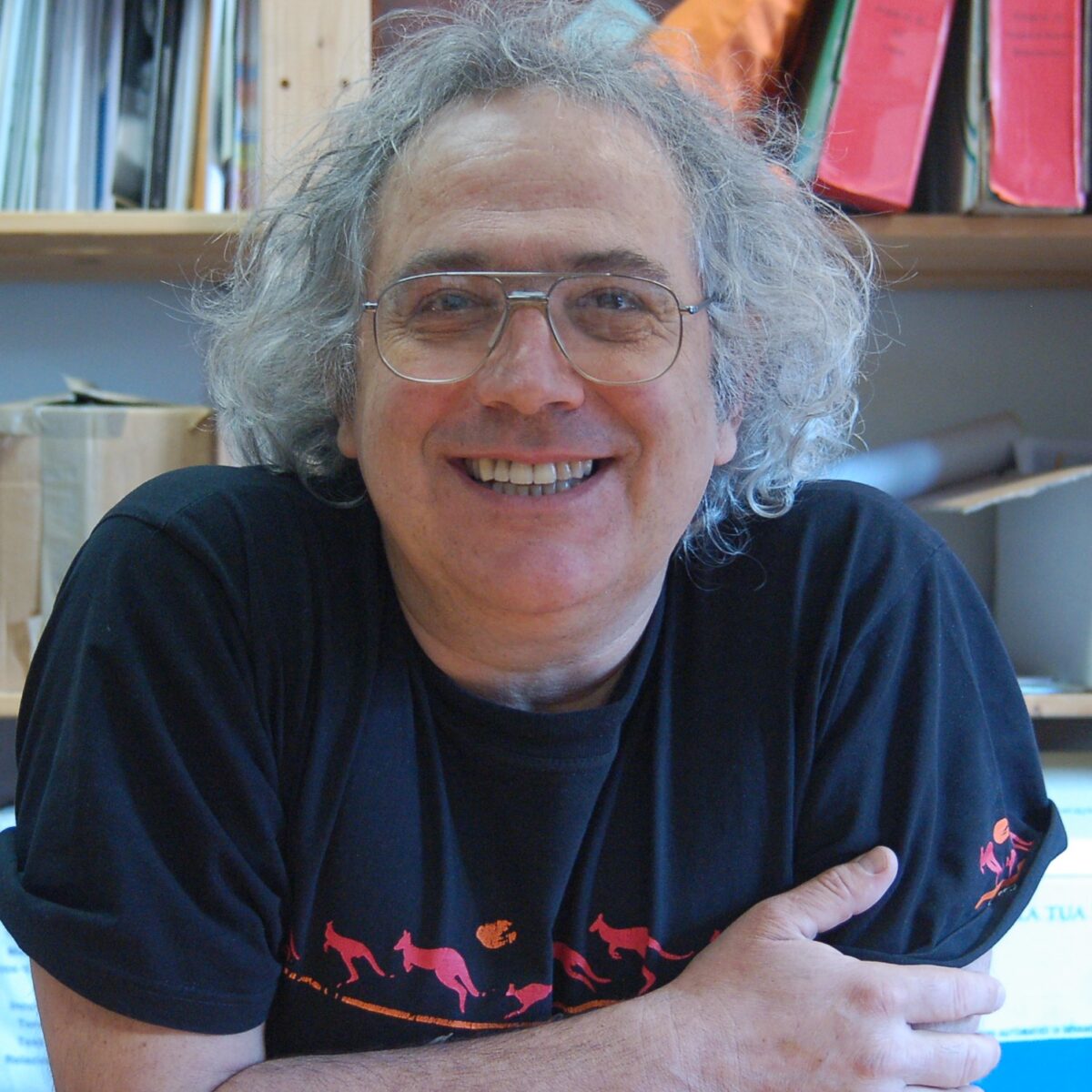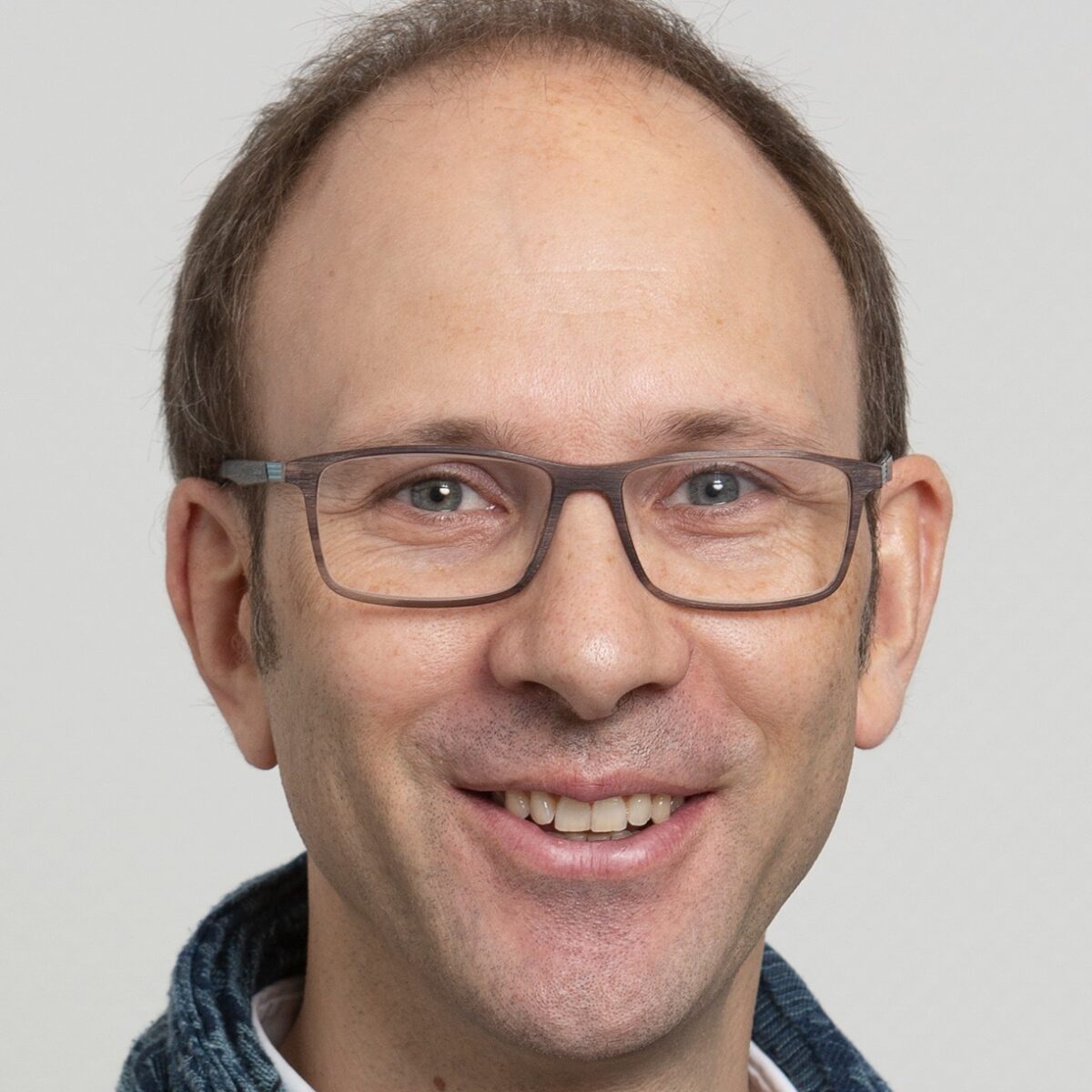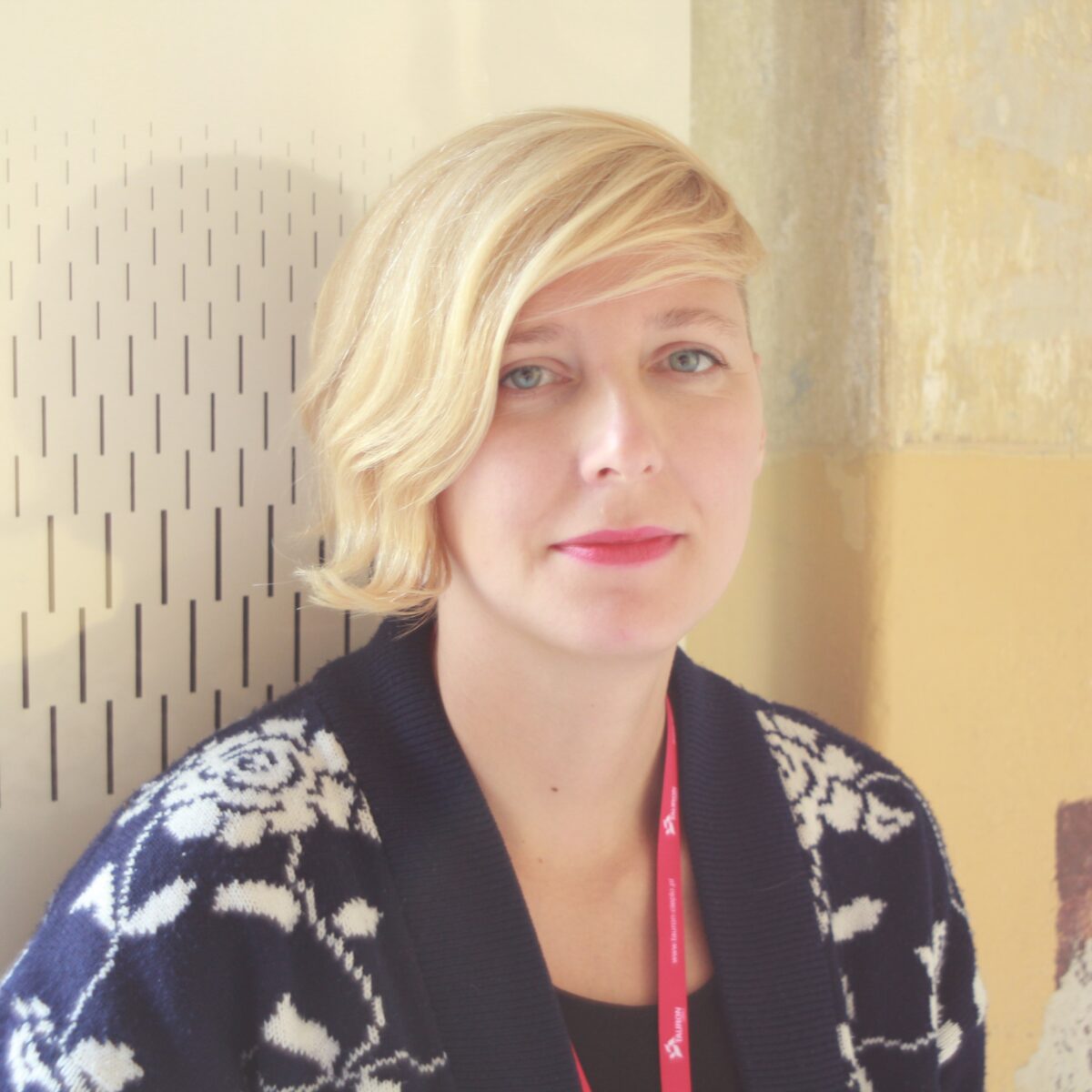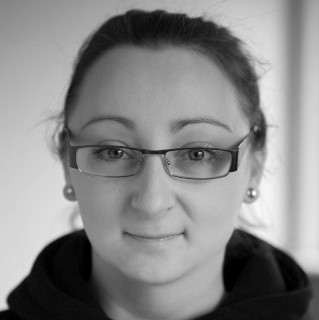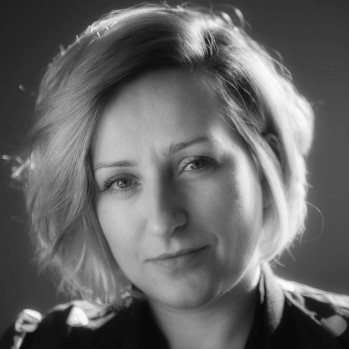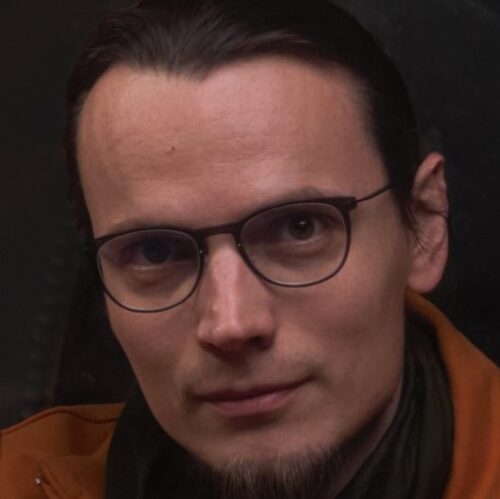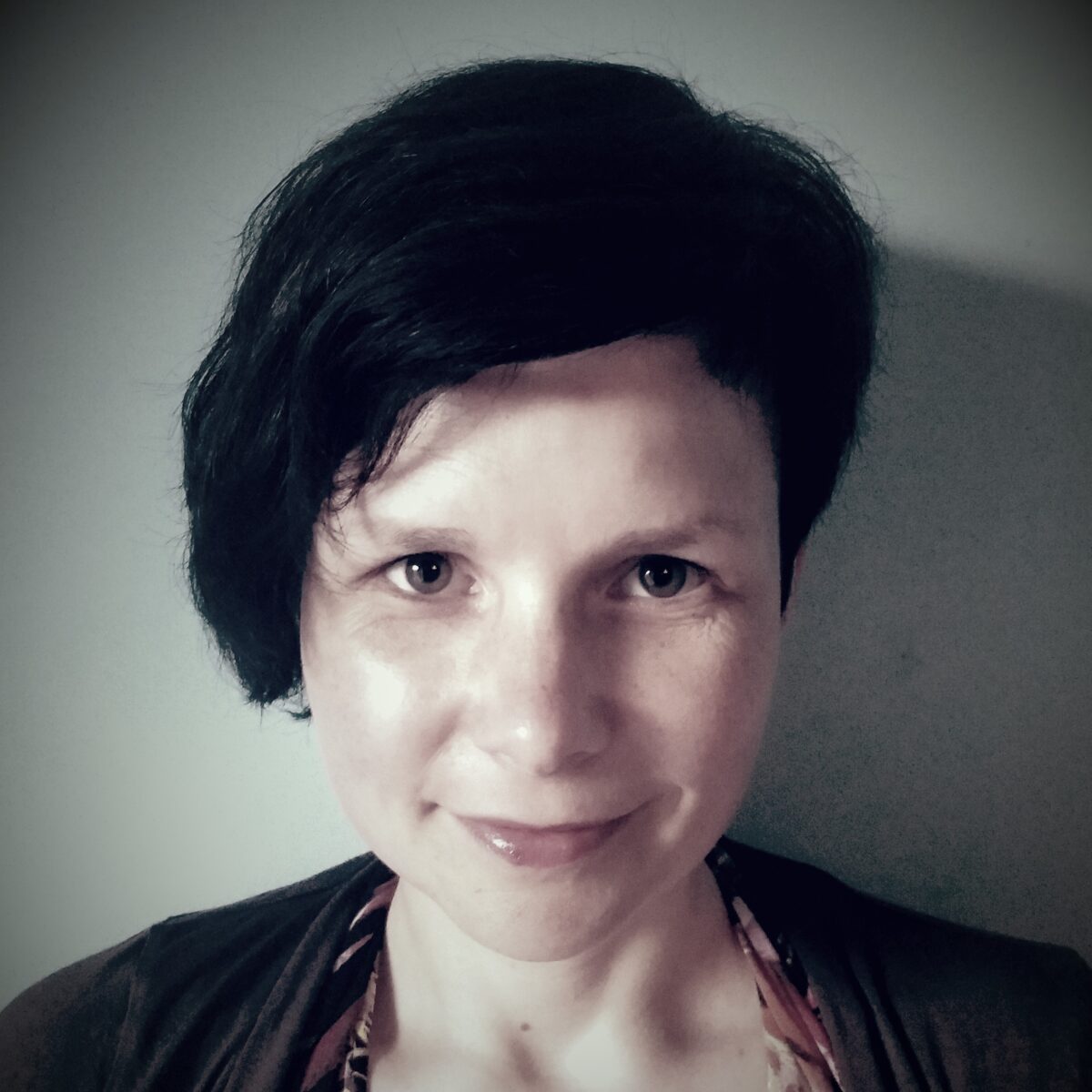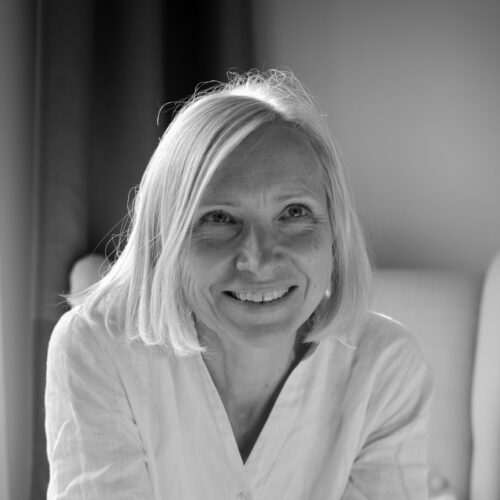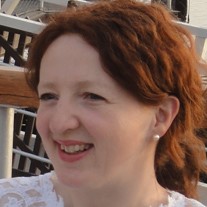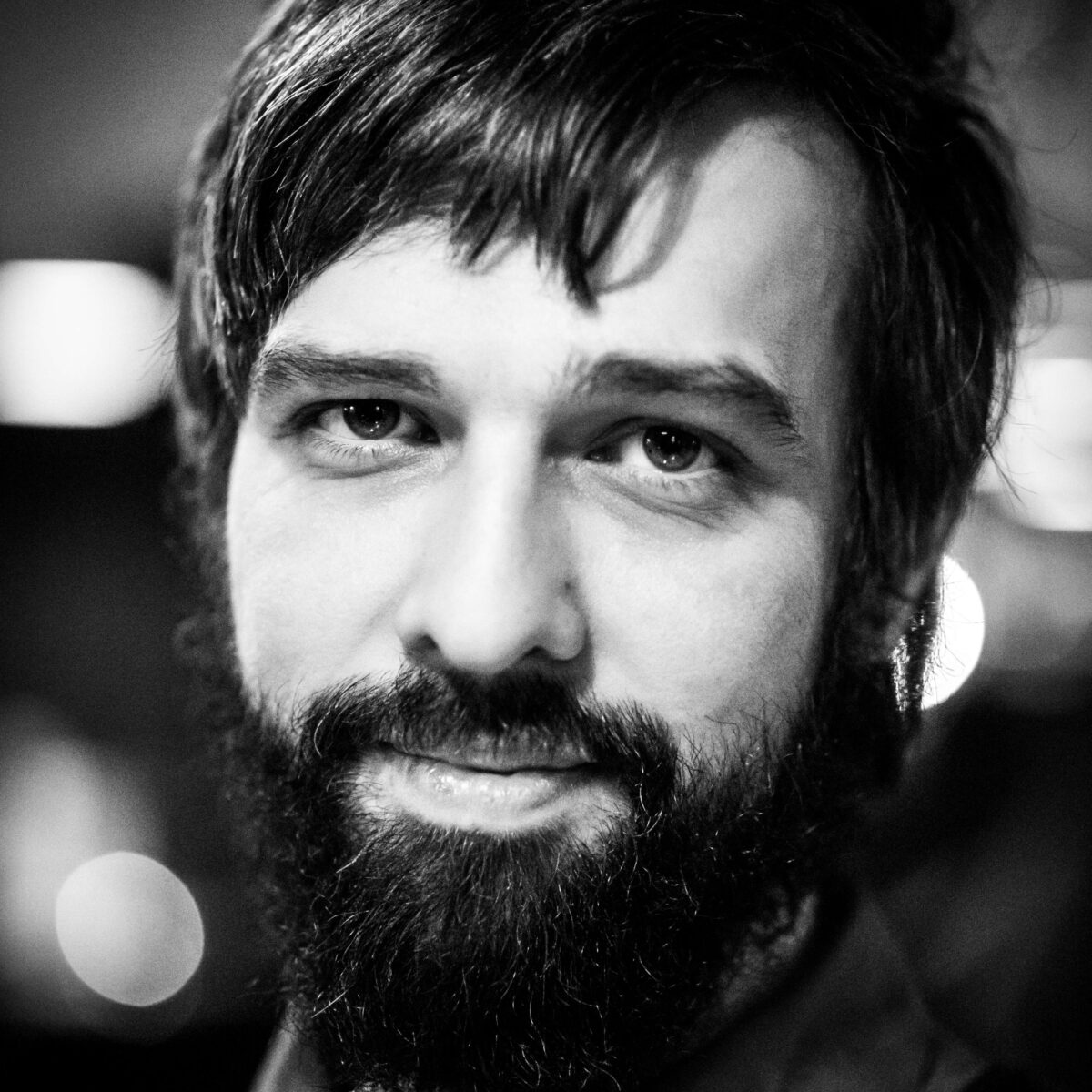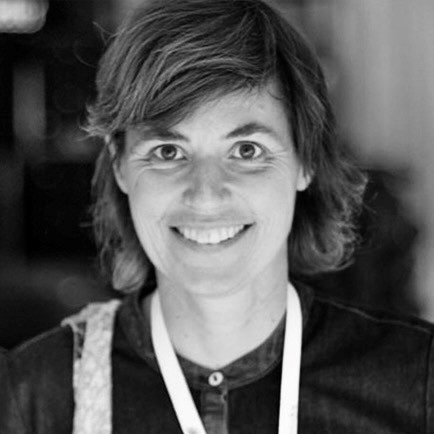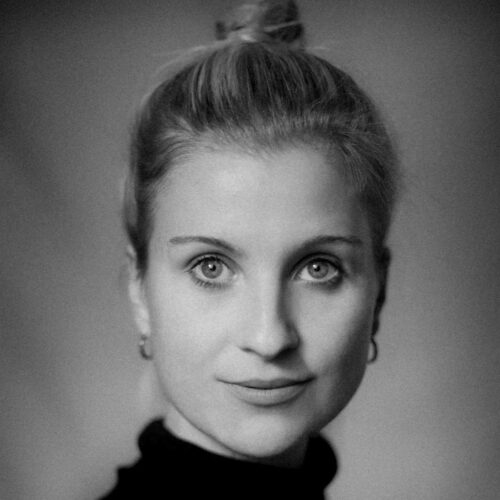Ale Kino! Industry / Education Pro
About project
Ale Kino! Industry / Education Pro is a fringe event of Ale Kino! Festival, which once again will bring together film professionals and educators interested in cinema as an important tool for education and upbringing.
In recent years, Polish cinematography for children and young people has been slowly recovering from the crisis it went through at the beginning of the century. More and more successful Polish films are being released. Unfortunately, there are still far too few of them. As well as the necessary financial support for this type of production, programmes are also needed to support the development of cinema for children in various ways. We want Ale Kino! Festival to be a bright spot on the map of such initiatives.
This year’s Ale Kino! Industry / Education Pro, as in previous years, will comprise two ‘paths’: ‘Industry Pro’ intended for the industry and held fully online, and ‘Education Pro’ designed for the education sector, which, if possible, will be held in Poznań. Some points on this map will essentially be common.
This year, Ale Kino! Industry Pro will focus on the issue of cinema for the youngest children. Our partner is CINEMINI EUROPE, an international project focusing on research and practice within the scope of the presence of the youngest ones in the cinema. This is how the organisers describe it themselves:
From a very young age, children are receptive to many different forms of art. Film, being an audiovisual medium, is especially appealing and accessible to nearly anyone. Not only do children like moving images and are easily captivated by feature and documentary films, but they also actively respond to abstract and experimental films, which leave a lot to the imagination. How can we make film-watching a meaningful experience? How and what can we teach very young children about film and media, knowing that the early years are the most formative? An attempt to find practical answers to these questions, Cinemini Europe is a film education project covering films, activities and teaching materials for children aged 3–6. With Cinemini Europe, we want to give children and caretakers the opportunity to discover the diverse world of moving image in a meaningful and fun way. We believe it is not primarily about understanding film, but rather experiencing it. By watching, playing and reflecting on moving image, we want to stimulate the development of creativity and critical thinking and spark a love for film.
/ https://cinemini-europe.eu/about-cinemini-europe /
The achievements of the project to date will be presented during a two-day session, including workshops and master classes. Two lectures will also be available for the participants of the educational path. They will be given by Professor Fabian Hofmann, an outstanding specialist in aesthetic education and upbringing at the Fliedner University of Applied Sciences in Düsseldorf, and Roberto Frabetti, theoretician and creator of theatre for very young children, founder of Teatro La Baracca in Bologna and of the European “Small Size” movement.
A separate part of the Industry path will be a meeting of the directors of 15 European film festivals for children and young people, entitled ‘Was It Business As Usual? Film Festivals for Children and Youth in the Second Pandemic Year’, who will share their experiences of organising these events under difficult pandemic conditions.
The main topic of Ale Kino! Education Pro is “Attentive Cinema”. Adam Domalewski, PhD, from the Institute of Film, Media and Audiovisual Arts at Adam Mickiewicz University in Poznań, who provided valuable support for the preparation of the programme this year, writes about this interesting issue in the following way:
The technical aspects of the camera can easily be compared to the perceptual apparatus we all possess. The camera picks up shapes, sends them to the individual memory and enables their further processing. The cinematic recording of reality takes place not only through the eye (and the ‘eye’) – it also requires concentration on a specific fragment of that reality (we call this ‘framing’); a heightened state of concentration is needed for the whole cinematic story to emerge. Attention is needed. And time.
These two currencies are invaluable for any human activity, especially learning. Nowadays, however, both cinema and education are subject to the processes inherent in the instrumentalised culture of haste and efficiency, which we are painfully aware of every day. Not only do we live in a constant deficit of attention and time – we have also come to terms with the fact that attention is becoming synonymous with popularity (likes and views), and that time must of necessity be divided into ever smaller pieces. Is it possible (to teach, tell, watch) differently? How to go about it? Cinema, as always, offers us unique possibilities in this respect – an unhurried experience, a suspension of the rules governing our attention and time without being noticed.
The educational and the industry paths will meet in a panel entitled “New Polish Films on the Horizon”. Several Polish filmmakers will present their new concepts and film ideas, open to comments from educators – people who are professionally very close to children and have a good understanding of their needs, preferences and choices. The session will be moderated by selected teachers. Education Pro participants also have the opportunity to attend selected screenings of the Festival.
Each time, the point of participating in Ale Kino! Industry / Education Pro is to gain new knowledge, inspire each other and share experiences, as well as simply meet in a group of enthusiasts, teachers and filmmakers, talk and exchange opinions about films. We are confident that despite various limitations resulting from the difficult time of the epidemic, we will manage to achieve these goals this year as well.
Guests
Programme
INDUSTRY PROGRAMME
Thursday, 2 December
14:00–17:15 Cinemini at Ale Kino! Day 1: Introducing Cinemini Europe 2 / online/ ENG
14:00–14:05 – Welcome from Ale Kino (Jerzy Moszkowicz/ Ale Kino!)
14:05–14:20 – Welcome from Working Group and presentation of Cinemini and its pedagogical ideas (Sebastian Rosenow & Florine Wiebenga)
14:20–14:50 – Spotlight on Cinemini on Tour and the opportunities for festivals (either Valerie Dirk or Sebastian Rosenow)
14:50–15:10 – Hands on presentation offers created in the framework of Cinemini 2, such as the MiniCine Filmbox (Tessa van Grafhorst)
15:10–15:30 – Ale Kino! – Vision of working with Young audience (Jerzy Moszkowicz / Ale Kino!)
15:30–16:00 – Coffee break
16:00–17:15 – Breakout Rooms: 5 short spotlights of 15 minutes each, with the following topics:
- How to find & bind your audience (Sebastian Rosenow)
- Engaging with young children (Stefan Huber)
- MiniCine (Tessa van Grafhorst)
- Educational Materials (Pia Bechtle)
- Curating/Programming for a young audience (Ricardo Lisboa)
Friday, December 3
10:00–10:30 Cinemini at Ale Kino! Day 2: Expanding the Horizon: Open Feedback Session Day One / Christine Kopf/ online/ ENG
10:30–11:30 Cinemini at Ale Kino! Day 2: Expanding the Horizon: WHY? An overview of rationale for cultural education in early childhood/ Prof. Dr. Fabian Hofmann/ online/ ENG
How is early childhood cultural education defined in contrast to cultural education in other age groups, and how is it justified in reference to other areas of early childhood education? Focussing on this question, one finds different reasons, justifications and rationale from different discourses. Four dimensions can be identified: the “key competence” dimension, the “anthropological” or “educational processes” dimension, the social dimension and the art-specific dimension.
In this lecture, I will explain these dimensions and I will show that (at least in Germany) there is not one rationale; cultural education in early childhood is merely defined through specific combinations of different justifications and discourses. We can consider that as a problem – or as a potential way to connect cultural education in early childhood to multiple links.
11:30–12:00 Break
12:00–13:00 Cinemini at Ale Kino! Day 2: Expanding the Horizon: Being a two-year-old viewer. Very young children as audience. A suggestion for an European projectuality/ Roberto Frabetti/ online/ ENG
Children live in the peripheries of culture, and the youngest ones tend to remain stuck in the outmost periphery, because – according to popular sense – they don’t understand, they are “unable”, untamable or not ready to be tamed yet. And yet, artists who work with children soon realize that they are a potentially extraordinary audience, and that focusing their artistic research work on them is definitely worth the effort. Small children watch and listen to learn, to discover the world and perceive its innumerable details.
This is the background of “Mapping, a map on the aesthetics of performing arts for early years”. Mapping is a large-scale cooperation project supported by Community Programme Creative Europe for the period December 2018–November 2023. It involves 18 partners across 17 countries.
17:00–18:00 New Polish Films on the Horizon – presentation of projects in development and discussion with the participation of educators / moderated by: Anna Wróblewska / online/ PL
As part of the session “New Polish Films on the Horizon”, our guests – filmmakers and artists – will present the concepts of the films they are currently working on, specifying how those works are going to address young viewers.
The projects:
1. The Day I’ve Met My Super Hero
Feature film for children aged 9–12
Eleven-year-old Iga wants to take part in a casting call for her favourite TV show, League of Superheroes. She believes that it will help her impress her peers and make friends. When it turns out that her dad can’t drive Iga to Warsaw because of his health, she decides to go anyway. Accompanied by a 13-year-old epileptic Olek, whom she met at the hospital, and her beloved dog Dreamer, she sets off on a trip. Discovering what really matters to her, Iga will learn about her own superpower.
The Day I’ve Met My Super Hero is a feature family film for children aged 9–12. It’s about finding one’s own identity, growing up and the power that comes from sincere relationships. The film is in the funding phase. In 2021, based on the script, a novel for children 9+ under the same title was published by Wydawnictwo Literatura.
2. Fast Forward to the Future
Comedy, adventure, sci-fi (90 min)
The 1990s. Jacek is 12 years old and owns a Walkman. After it is struck by lightning, the boy’s entire life is recorded on the cassette, and the device lets Jacek travel in time. By rewinding it forwards or backwards, the boy visits himself in different periods of his life. While he cannot change anything that has already been recorded on the tape, he can learn a thing or two from his alter egos. He can find out things that will allow him to win the heart of a certain girl he has been platonically in love with since the very first grade of primary school. But is it true that his visits to the future really don’t change anything? Jacek must fight for the affection of his beloved Donia. It will also be a duel with destiny and a lesson about who we really are and how we are different at every stage of our lives. Will Jacek win Donia’s heart? Well, you have to forward the tape to the end and see how the story ends.
3. Midsummer Night
Zosia, a teenage evil water spirt, is infected with “goodness” and leaves the world of demons in search of her true self among humans. Full of black humour and clear faith in humanity, this is a fairy tale about growing up and finding your true identity.
18:00–19:44 “Was It Bussines As Usual? European Film Festivals for Children and Youth in The Second Pandemic Year” under the auspices of ECFA/ online/ ENG
We would like to continue the discussion we started last year with the session called “Yes, we made it! The Autumn of European Festivals for Children & Youth in Pandemic”. This year’s meeting should create the occasion to share experiences and thoughts on what happened in the second year of the pandemic and what is the future of the festivals.
Introduction: Other perspectives – festivals, distributors, and filmmakers in the second year of pandemic/ Aneta Ozorek from Kaboom Animation Festival (Holland)
The representatives of the festivals, who confirmed to present their reports are:
Wilke Bitter – Lucas from International Festival for Young Film Lovers (Germany)
Jo-Anne Blouin – Montreal International Children’s Film Festival (Canada)
Julia Jarl – BUFF Filmfestival (Sweden)
Marta Jodko – International Young Audience Film Festival Ale Kino! (Poland)
Michael Harbauer from Schlingel – International Film Festival for Children and Young Audience (Germany)
Mariella Harpelunde Jensen from Buster – Copenhagen International Film Festival for Children and Youth (Denmark)
Marion Røst Heimlund – Kristiansand International Children’s Film Festival (Norway)
Pantelis Panteloglou – Olympia International Film Festival for Children and Young People (Greece)
Markéta Pášmová – Zlín Film Festival, International Festival for Children and Youth, (Czech Republic)
Heleen Rouw from Cinekid – International Film, Television and New Media Festival for Children and Young People (Netherlands)
Judita Soukupová from JuniorFest – International Festival for Children and Youth (Czech Republic)
Hilde Steenssens from Filem’On – Brussels Children’s Film Festival (Belgium)
Mike Tait – Discovery Film Festival Scotland’s International Film Festival for Young Audiences (Scotland)
Kamila Tomkiel – International Film Festival Kids Kino (Poland)
Iris Verhoeven from JEF – Europees Jeugdfilmfestival Vlaanderen (Belgium)
Giancarlo Zappoli – Castellinaria Festival del cinema giovane (Switzerland)
There will also be enough room for other speeches “from the floor” from other festivals representatives. The meeting goes under the auspices of ECFA, and ECFA President, Margret Albers is the one to make a resume speech.
19:44–20:00 Second Shortest Festival Party Online in Ale Kino!’s History/ online/ ENG
“Second Shortest Festival Party Online in Ale Kino!’s History” will start just after the meeting and it will last only the sixteen coolest minutes!
PARTNER: CINEMINI EUROPE
Children see movies on a daily basis. How can we make film watching a meaningful experience? How and what can we teach children in a very early age about film and media, since the early years are the most formative? We try to answer these questions on a practical way in Cinemini Europe, a film education project with films, activities and teaching materials for children between 3-6 years old.
With Cinemini Europe we want to give children and care takers the opportunity to discover the diverse world of moving image in a meaningful and fun way. We believe it is not primarily about understanding film, but rather experiencing it. By watching, playing and reflecting on moving image, we want to stimulate the development of creativity and critical thinking and spark a love for film.
Contact
contact (Education PRO)
Agnieszka Krajewska, forum@alekino.com, 61-64-64-478contact (Industry PRO)
Joanna Stankiewicz, jstankiewicz@alekino.com
FAQ
Please visit the page with useful information for answers to frequently asked questions.
If the FAQ section does not answer your questions, please contact: support@alekino.com.
Evaluate the Festival
Fill in the survey or share your opinion with us by sending an e-mail to kontakt@alekino.com.
